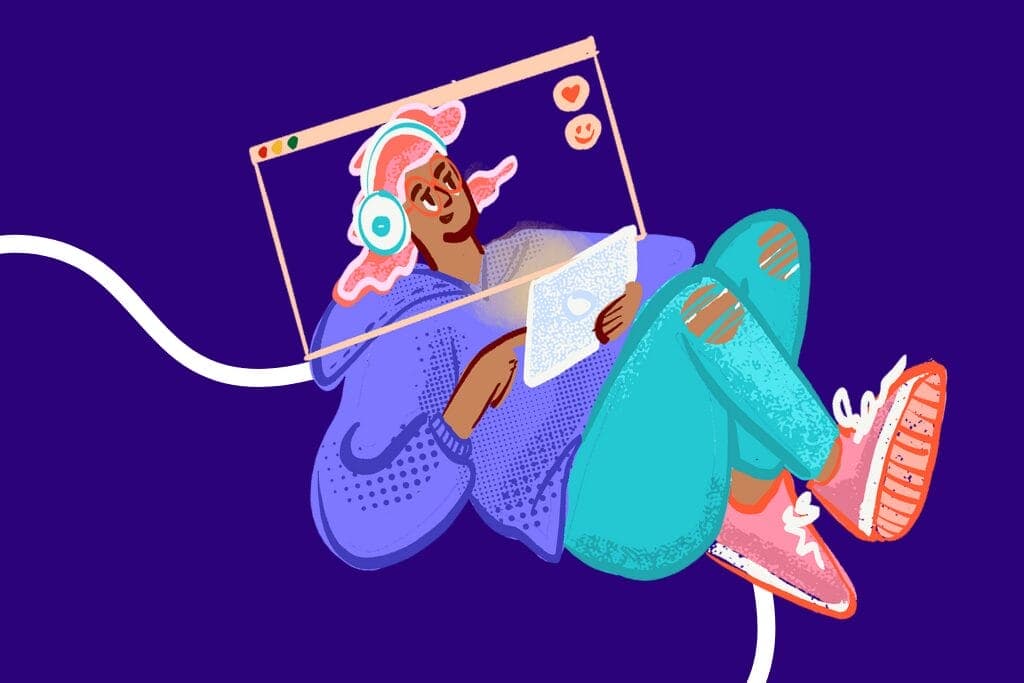The research identified several factors contributing to lower digital mental health engagement among rural young people, including limited internet connectivity, stigma around mental health discussions, lack of parental support, and concerns about privacy in small communities.












